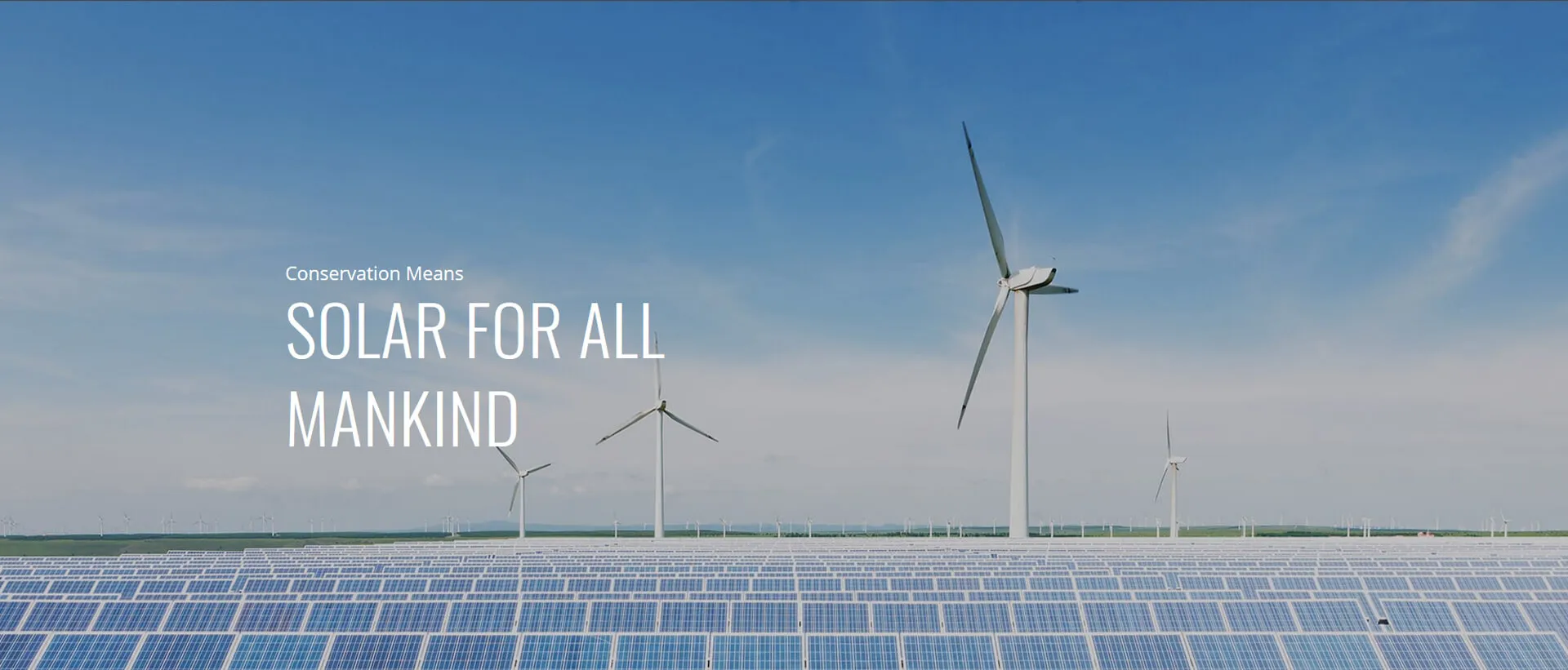solar panel efficiency
The Importance of Solar Panel Efficiency in Renewable Energy
As the world shifts towards more sustainable energy sources, solar energy stands out as one of the most promising alternatives. Solar panels, which convert sunlight into electricity, have been at the forefront of this renewable energy revolution. However, one of the critical factors determining the effectiveness of solar panels is their efficiency. Understanding solar panel efficiency is essential for maximizing energy output, reducing costs, and mitigating environmental impacts.
What is Solar Panel Efficiency?
Solar panel efficiency refers to the percentage of sunlight that a solar panel can convert into usable electricity. The efficiency rating is a crucial metric for comparing different solar panels, as it indicates how well a panel can transform sunlight into energy. For instance, a solar panel with an efficiency rating of 20% converts 20% of the sunlight it receives into electricity, while the rest is lost as heat and reflection.
Factors Influencing Solar Panel Efficiency
Several factors contribute to the efficiency of solar panels, including material composition, design, and environmental conditions
.1. Material Composition The most common materials used in solar panels are monocrystalline silicon, polycrystalline silicon, and thin-film technologies. Monocrystalline panels are known for their high efficiency, often exceeding 20% due to their single-crystal structure, which allows for better electron movement. Polycrystalline panels, while typically less efficient (around 15-17%), are more affordable. Thin-film panels are the least efficient but are lightweight and flexible, making them suitable for specific applications.
2. Design The design of solar panels also affects their efficiency. For example, advanced technologies like bifacial panels can harness sunlight from both sides, improving energy capture. Additionally, features such as anti-reflective coatings and textured surfaces can help reduce light reflection and enhance performance.
3. Environmental Conditions The environment plays a significant role in solar panel efficiency. Factors such as temperature, shading, and angle of installation can impact performance. Higher temperatures can reduce efficiency in silicon-based panels, while optimal positioning ensures maximum sunlight exposure. Regular maintenance to keep panels clean and free from debris is also vital for maintaining high efficiency.
solar panel efficiency

The Importance of High Efficiency
High solar panel efficiency has several benefits. First and foremost, it results in greater energy production. This is particularly important for homeowners and businesses with limited roof space, as more efficient panels can generate more electricity from a smaller area. Hence, investing in higher-efficiency panels can lead to better returns on investment over time, despite their higher upfront costs.
Moreover, higher efficiency directly correlates with reduced environmental impact. By generating more energy from the same amount of sunlight, high-efficiency panels contribute to reducing dependence on fossil fuels, lowering overall carbon emissions, and advancing the fight against climate change. This aligns with global efforts to transition to cleaner energy sources and promotes energy independence.
Future Trends in Solar Panel Efficiency
Looking ahead, the continual improvement of solar panel efficiency is expected to play a crucial role in the renewable energy landscape. Ongoing research and development are focused on discovering new materials, such as perovskite solar cells, which promise to achieve efficiencies above 25%. Additionally, innovations like solar tracking systems, which adjust the angle of panels to follow the sun, can significantly enhance energy capture throughout the day.
Government policies and incentives also contribute to the growth of solar energy adoption and technological advancements. Many countries are implementing programs to subsidize the installation of solar panels, thus encouraging the use of higher-efficiency models.
Conclusion
Solar panel efficiency is a cornerstone of the renewable energy transition. As technologies advance and the demand for clean energy continues to rise, enhancing the efficiency of solar panels will be vital for maximizing energy production and minimizing environmental impact. By understanding and investing in high-efficiency solar panels, individuals and businesses can contribute to a sustainable future, harnessing the power of the sun to meet their energy needs while protecting our planet for generations to come.
-
Navigating Off Grid Solar Inverter: From Use Cases to Trusted PartnersNewsAug.05,2025
-
Solar Edge String Inverter: A Wholesaler’s Guide to Inverter Technology SelectionNewsAug.05,2025
-
Microinverters: Revolutionizing Solar Energy UseNewsAug.05,2025
-
Future of Monocrystalline Solar Panel Efficiency: Latest Technological AdvancesNewsAug.05,2025
-
Solar Panels for House: A Complete Guide to Residential Solar EnergyNewsAug.05,2025
-
Panel Bifacial Performance in Snow and Low-Light ConditionsNewsAug.05,2025







